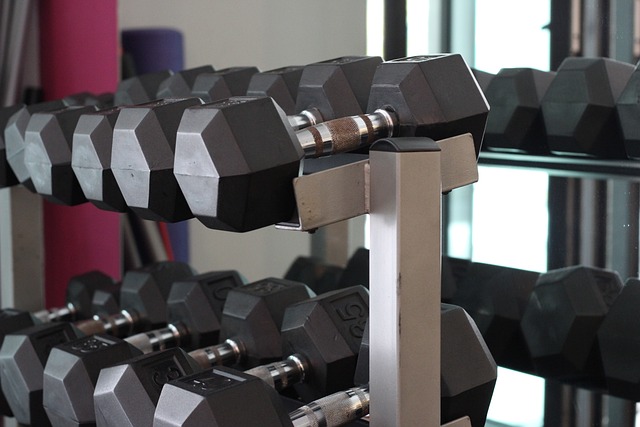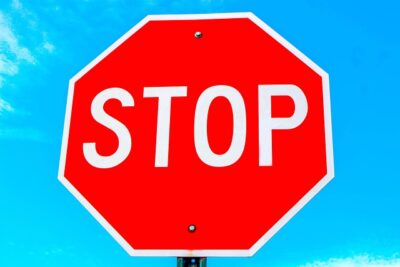Most of us are now aware that women can and do have heart attacks. The Food and Drug Administration puts it very bluntly: “More women die from heart disease than from anything else. Any woman can get heart disease.”
But many of us, when we picture someone having a heart attack, see it in the way it typically happens to men. For example, I think of my father being taken to the ER with severe chest pain. And it’s important to know that heart disease in women doesn’t necessarily appear in that form; it may not seem severe or dramatic at all.
In fact, the FDA goes on to say “The most important sign [of heart disease in women] is feeling really tired — even after enough sleep.”
What are other possible signs? You might have trouble breathing, a new or more painful kind of headache, trouble sleeping, an upset stomach, fear or nervousness, back pain between your shoulders, or belly pain above your navel. And yes, there can be discomfort in the chest, but you might not even consider it pain; it could take the form of a tightness, heaviness, or burning feeling, according to the FDA. Chest pain or tightness that spreads to the jaw, neck, shoulders, inner arms, or ears can be another sign.
Problems like this may not seem like an emergency, but you should get a doctor to check them out right away.
There are a couple of preventative measures the FDA recommends just for women. Don’t smoke if you’re on birth control pills (but of course, you shouldn’t smoke anyway), and work with your doctor if want to take “hormones for menopause” to prevent heart attacks (which you probably hadn’t even thought of — I know I hadn’t).
The onset of a heart attack in a woman can be subtle, but if you’re aware of the signs you can get the help you need.










